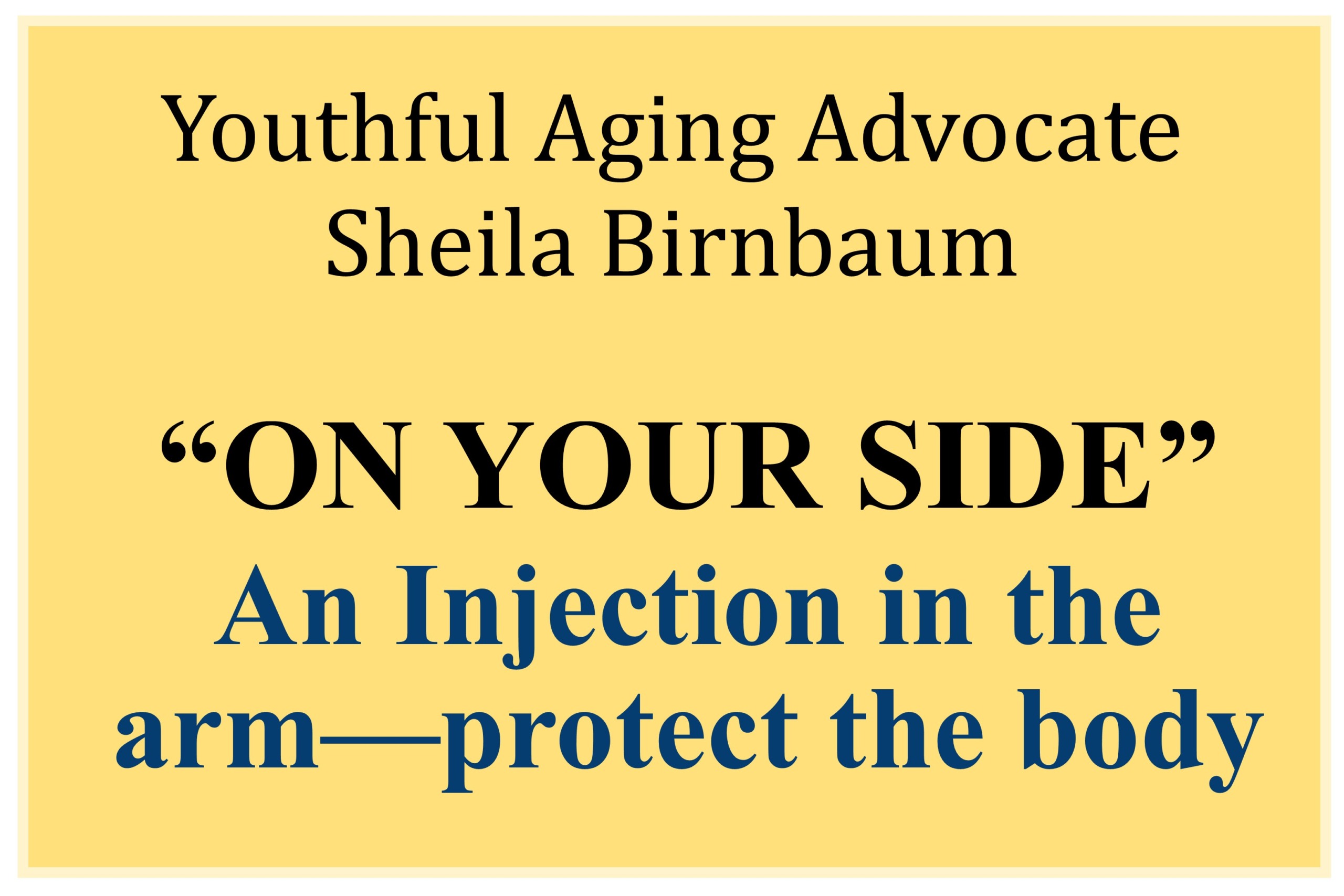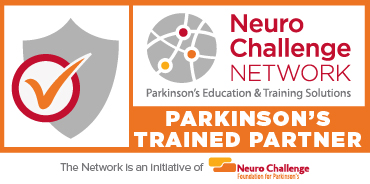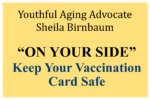Dr. Keith Roach answers medical questions in the “To Your Health” column in the Herald Tribune.
Question- Dear Dr. Roach: I have had over 50 vaccinations in my life (I am 78). I have often wondered how the vaccine spreads throughout the body, as the shots are almost always given in the upper arm. I welcome your explanation. –C.C.
Answer: Vaccination is a way of establishing immunity to an infection without getting the actual disease. The term ”vaccine” itself is from the Latin word for ”cow”, recalling how exposure to cowpox caused only a mild skin reaction but provided lifelong protection against the deadly smallpox.
A vaccine usually consists of a weakened form of the bacteria or virus causing the disease to be protected against, or a small, noninfectious, purified part of the germ. After an injection, the inflammatory and immune cells of the body not only destroy the components of the vaccine in your arm; they can “remember” what was injected. This allows the body to be prepared to destroy the actual infection should you get exposed. Even though the vaccine is destroyed and removed from the body within a few days, the memory cells will usually last your whole life, and many vaccines thus provided a lifetime of protection. Other vaccines require periodic booster shots to maintain high enough immunity to protect you.
The first two covid-19 vaccines use a new technique: mRNA “tells” the muscle cells in the arm to make a specific protein (the “spike protein”) that the coronavirus uses to enter cells. Once again, the mRNA and the spike protein are destroyed by the natural systems of the body, but not before the body learns how to recognize this critical part of the coronavirus. These vaccines have proven to be very effective at preventing infection, especially serious infection.
Vaccines can be given in other parts of the body. Some are given into the gluteal muscle, especially in children. Some are given orally.
Sheila Birnbaum’s professional career has been devoted to enhancing patient care. As the Director of the Patient Advocacy Program at Robert Wood Johnson University Hospital (RWJUH), Hamilton, NJ, she instituted numerous programs, many which received statewide recognition, including several prestigious rewards.








